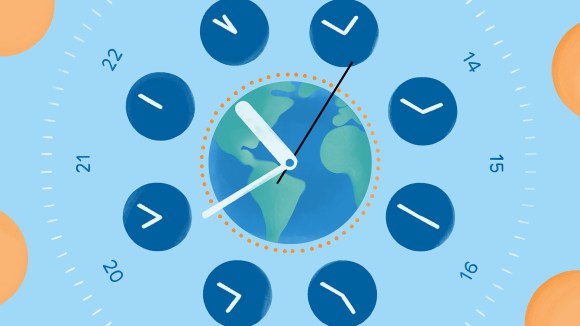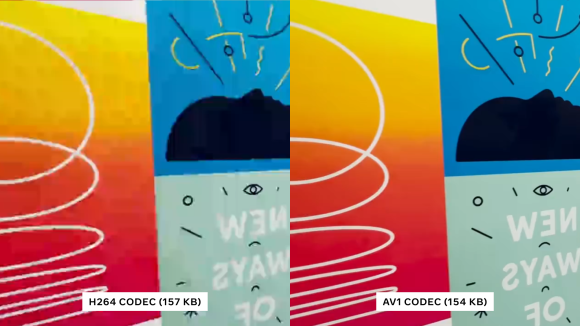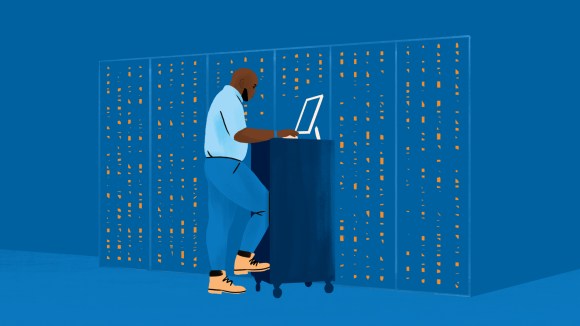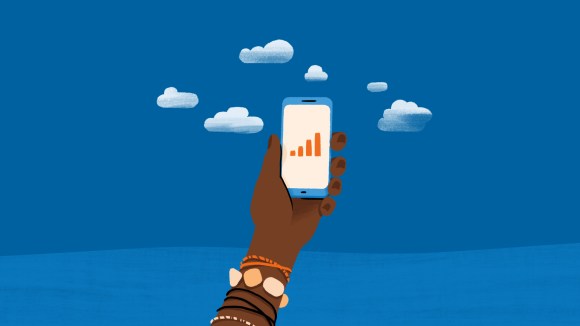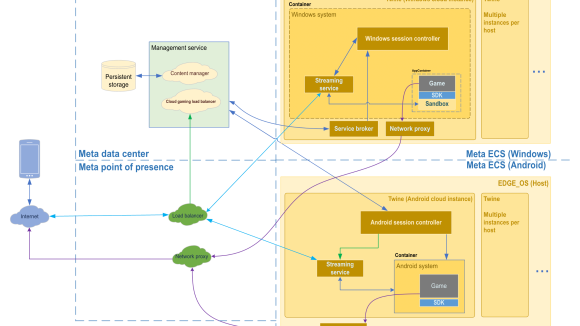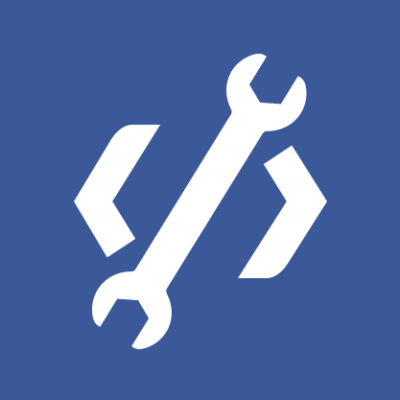Bringing more people online at faster speeds requires innovation throughout the telecom landscape. To help drive the industry forward, Facebook takes a partnership approach and is a founding member of the Telecom Infra Project (TIP). TIP is a group of mobile operators, technology providers, developers, integrators, startups, and other entities inside and outside the traditional telecom space, working to accelerate the pace of innovation across the entire ecosystem. This includes collectively working to design, build, and deploy more flexible and efficient technologies at scale. Over the next two days, at the third annual TIP Summit in London, Facebook executives, including Head of Engineering and Infrastructure Jay Parikh, are speaking about the contributions Facebook Connectivity is making to TIP and sharing some of what we learned from our work with TIP members as part of initial technology deployments.
Deployments to enable better, faster connectivity
Facebook is working with partners to transition new technologies into global deployments. The path to scaled deployments includes three stages: First, build and test new tools and technologies. Second, bring together an ecosystem to support the development of such tools and technologies. And third, scale proven solutions. Today, we discussed initiatives at all three of these stages including:
- Building out the Terragraph ecosystem. The Terragraph ecosystem is expanding and gaining momentum with numerous TIP members partnering with Facebook to conduct Terragraph trials worldwide. To date, we’ve started trials in Hungary with Deutsche Telekom and its subsidiary Magyar Telekom; with YTL Communications in Malaysia; and with XL Axiata in Indonesia. We are also excited to announce that we will be conducting field trials with Claro and Vivo in Brazil. Intel announced earlier this year that they will be supporting Terragraph chipsets, and Radwin is developing end-to-end Terragraph solutions, collaborating with Intel, and working with service providers to launch multiple trials in the near future. Qualcomm debuted their family of 60GHz Wi-Fi Terragraph-certified chipsets that can cover multiple use-cases including fixed wireless access. Nokia is building Terragraph-certified products with Facebook. TIP members are increasing efforts and contributions to the Millimeter Wave (mmWave) Networks Project Group, with Deutsche Telekom issuing an RFI for 60 GHz fixed wireless solutions to provide gigabit connectivity.
- Rural deployments expanding in Latin America and extending to additional countries. We continue building on our collaboration with Telefónica, expanding pilots to qualify alternative and more flexible wireless access tech such as OpenRAN. Additionally, we are partnering with Telefónica on low-cost terrestrial backhaul, as well as new business and operating models such as rural mobile infrastructure operators and engaging local resources. We also develop new playbooks to help lower costs and speed deployments. These joint efforts have helped bring financially sustainable connectivity to more than 25,000 Peruvians in the Amazon jungle and the highlands of Peru. Building on our shared learning, Telefónica upgraded sites from 2G to 4G throughout rural Peru to bring new or improved connectivity to an additional 250,000 people. Today, Facebook also announced that we are extending our rural access efforts to more countries. We will be conducting trials of rural 3G and 4G deployments in Nigeria and Zambia in partnership with MTN, and in collaboration with Africa Mobile Networks (AMN) and others. We’re also working with AMN to test OpenCellular and understand how the rural mobile infrastructure model can help unlock connectivity for more people throughout Africa, with trials in the Democratic Republic of Congo. We are working with Vodafone to advance its qualification of the OpenRAN solution, which enables rural connectivity by reducing costs and streamlining operations. The team plans to start in Turkey and expand to larger-scale deployments in rural and semi-rural areas of Sub-Saharan Africa in future.
- Highlighting new network planning tools. As part of our Facebook Connectivity efforts, we work with operators, internet service providers, and device makers to help find new, more efficient ways to deploy and maintain network infrastructure. One of the ways we’ve been doing this is through the use of connectivity analytics with our Advanced Network Planning and Actionable Insights tools. At TIP Summit, we are highlighting ways we are working alongside operators to help them optimize existing networks and build future-proof networks with connectivity analytics. For example, we recently worked with XL Axiata to identify ways to improve its customers’ experience by expanding 4G coverage and optimizing XL Axiata’s current infrastructure investments. In Berlin, we’re working with Deutsche Telekom to accelerate development of next-generation 5G networks using our Advanced Network Planning tools, which leverage computer vision and optimization algorithms to design dense urban networks at scale.
Key takeaways from early deployments
Deploying internet infrastructure is often time-consuming and challenging. Through each deployment, we learn alongside our partners and iterate to do things more efficiently and effectively. To continue to improve, we build playbooks and catalog best practices, and through TIP, we are sharing what we’ve learned with the broader telecom community.
Through the Terragraph trials, we have been able to conduct rigorous technical validations in real-world environments. Specifically, our initial field trials have proven that Terragraph is capable of delivering fast, reliable connections using 60 GHz (V band) spectrum to meet the needs of our customers. In the Hungary trial with Deutsche Telekom and its subsidiary Magyar Telekom, users experienced a significant increase in speed to almost 1 Gbps, and network availability was 99.5 percent or better. With XL Axiata in Indonesia, we were able to demonstrate Terragraph’s ability to provide backhaul connectivity to Wi-Fi access points serving more than 1,000 people during the Asian Games.
Through these trials, we’ve also documented best practices for fixed wireless deployments based on our experiences and have committed to contributing what we learned to the TIP community, including via a joint white paper that Facebook and Deutsche Telekom produced. Our learning points to Terragraph’s viability as a commercial fixed wireless access and Wi-Fi backhaul solution, with fast deployment speeds and a total cost of ownership that is a fraction of that of an equivalent fiber build. These trial experiences also highlight opportunities to further accelerate deployments using automated networking planning tools.
Our rural deployments presented a different set of outcomes. More than a third of Peru’s population lives in remote towns with challenging terrain such as mountains, rivers, and jungles. Initial deployments showed how using high-definition geospatial imagery with new planning tools can more accurately and more efficiently identify underconnected populations. We explored a mix of unlicensed and licensed microwave spectrum to provide high-speed backhaul to enable 3G/4G wireless service. Additionally, we tested options for OpenRAN solutions to provide lower power, lower cost, and easier-to-deploy radio access networks, and showed that when the right tech is combined with partners and local resources, connecting rural areas can be financially viable. We still have a lot left to learn, but together with our partners, we are jointly delivering new approaches to deploying rural connectivity and moving successful new technologies from trials to commercialization.
Next steps
We are excited to continue working with the TIP community to build and deploy technologies that can help solve the varied challenges that operators face as they work to extend their networks to bring more people online and upgrade to deliver faster speeds. For more information on announcements from the broader TIP community, please see this post from TIP Chairman Axel Clauberg.
If you’re interested in learning more about the TIP community’s efforts to develop and deploy new telecom tech, check out this website. You can also apply to become a member here.


